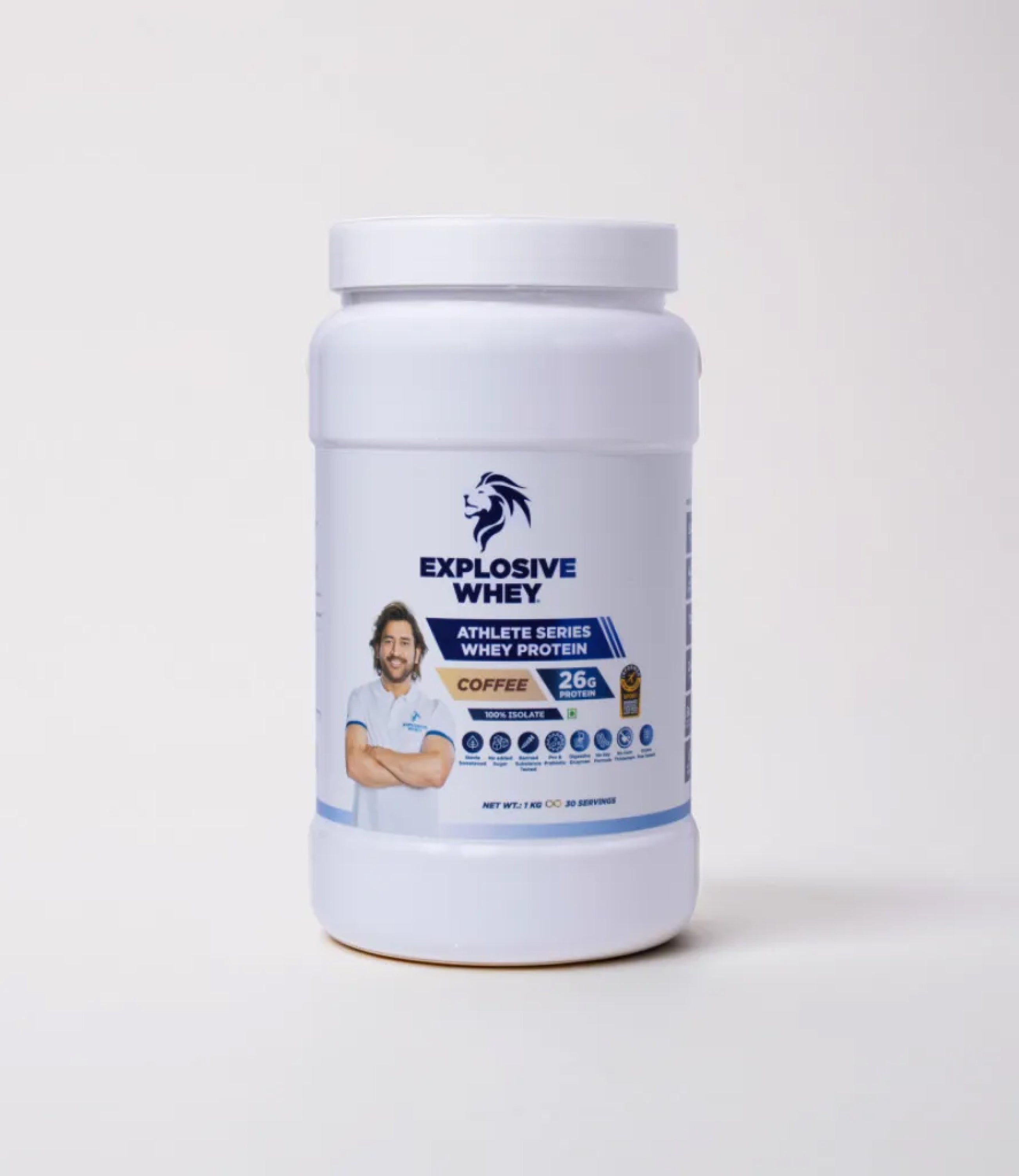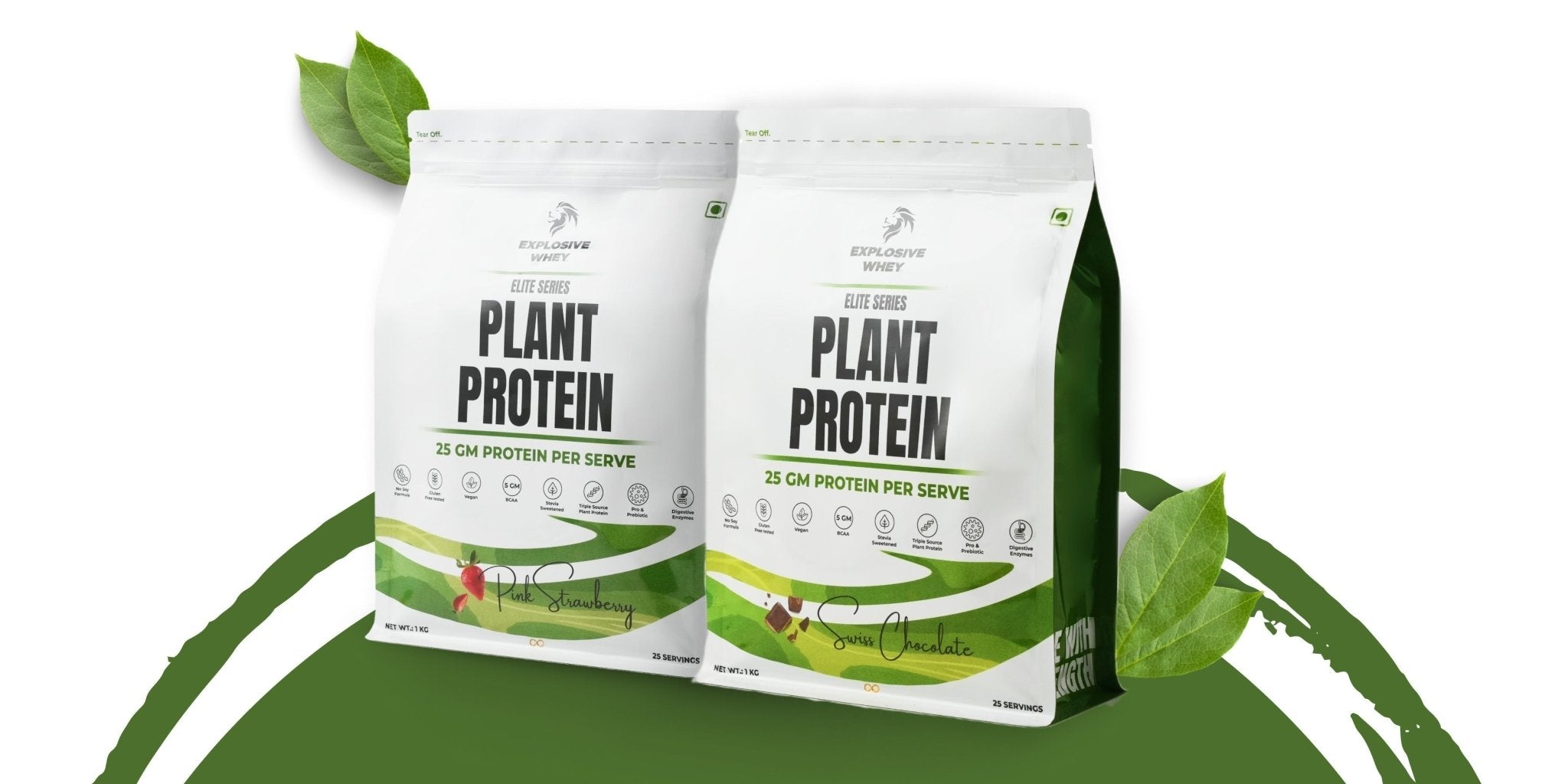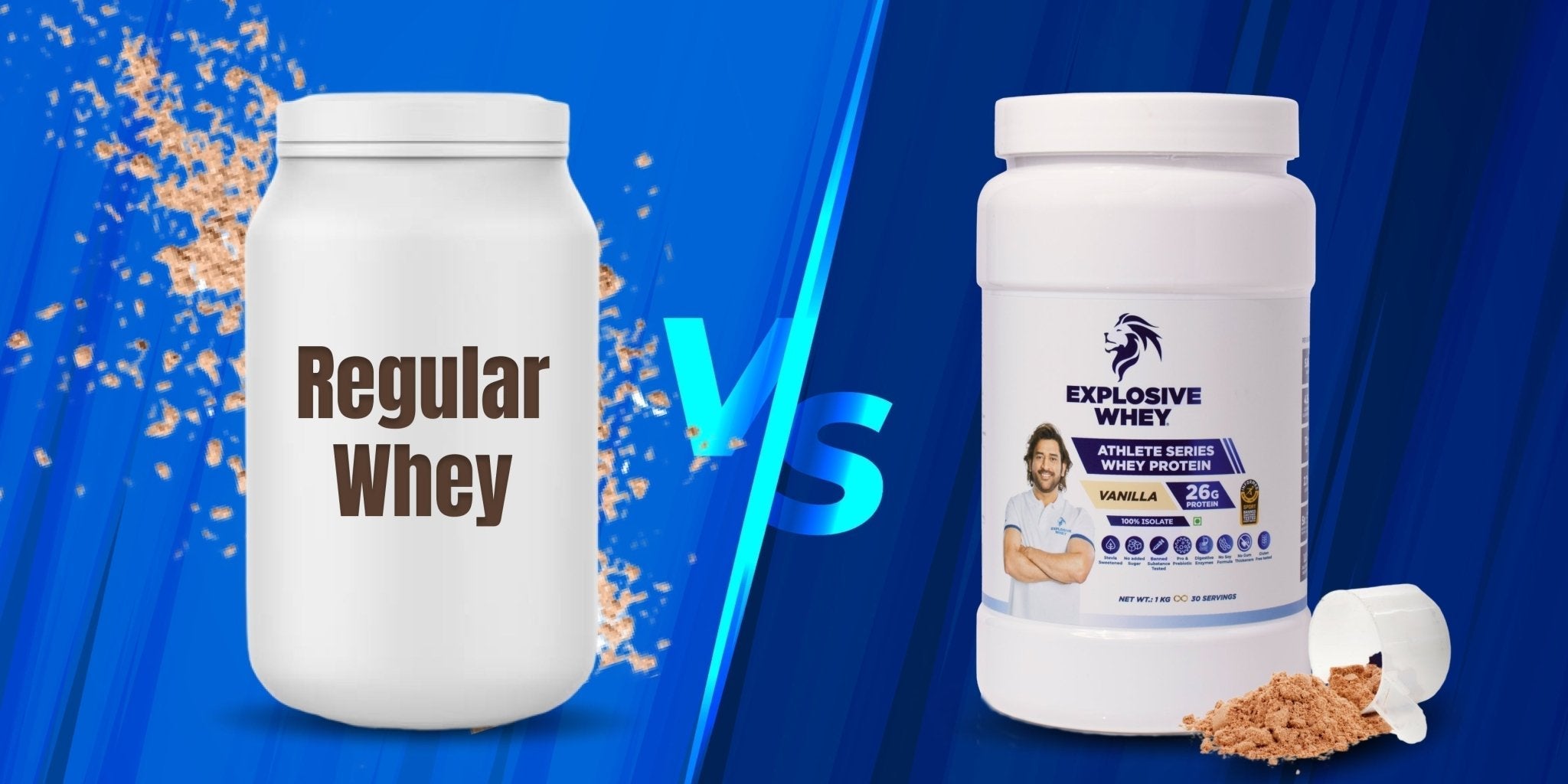If you’re looking for ways to improve digestion, immunity, and nutrient absorption, adding probiotics to your routine can make a big difference. They are live microorganisms that support a healthy gut, and when combined with whey protein, they create a powerful mix for fitness and overall wellness. This duo works together to improve not just muscle recovery but also long-term digestive health.
Why Whey Protein and Probiotics Work Better Together?
Whey protein is well-known for supporting muscle repair, while probiotics help maintain gut balance. When you combine whey protein and probiotics, they create a synergy where the protein provides fuel for the body, and probiotics make sure it’s absorbed effectively. This makes the combo particularly useful for athletes, gym-goers, or anyone who wants better digestion alongside stronger muscles.
What Are Probiotics?
 Probiotics are live, beneficial bacteria and yeasts that support gut balance and overall health. They’re often referred to as “good bacteria” and are available in foods, supplements, and even specialized protein blends.
Probiotics are live, beneficial bacteria and yeasts that support gut balance and overall health. They’re often referred to as “good bacteria” and are available in foods, supplements, and even specialized protein blends.
Good Microorganisms for Digestion
Probiotics work by increasing healthy bacteria in the digestive system, which helps break down food more efficiently. This improves nutrient absorption and reduces issues like bloating or constipation. They act like natural helpers that keep the gut in balance.
Well-Known Probiotic Varieties
The most common probiotic strains are Lactobacillus and Bifidobacterium. Each has unique benefits, from improving digestion to boosting immune health. These strains are often included in probiotic whey protein supplements for better results.
Sources of Probiotics
You can find probiotics in yogurt, kefir, kimchi, sauerkraut, and other fermented foods. For consistent intake, many people also rely on probiotics capsules or protein shakes, which are easy to add to a daily routine.
Probiotics in Sports Nutrition
In fitness, probiotics help athletes absorb nutrients better and maintain energy. Many protein powders now combine whey and probiotics to support gut health while improving muscle performance. This trend is growing in modern sports nutrition.
How Probiotics Improve Gut Health?
Probiotics impact many aspects of digestive wellness, making them essential for a balanced body.
Gut Barrier
Probiotics strengthen the gut barrier, which prevents harmful bacteria and toxins from leaking into the bloodstream. This protective layer reduces inflammation and keeps your digestive system resilient.
Nutrient Absorption
When your gut bacteria are balanced, nutrients like vitamins, minerals, and amino acids are absorbed more efficiently. This means that your probiotics diet helps you get more value from the food you eat daily.
Immune Support
A large part of the immune system is located in the gut, and probiotics help regulate it. They train the immune system to respond properly, reducing the risk of infections and common illnesses.
Digestive Regularity
Probiotics promote smoother digestion by preventing constipation and reducing bloating. They balance intestinal bacteria, making digestion more comfortable and reliable on a daily basis.
Whey Protein and Probiotics Synergy
Pairing whey protein with probiotics boosts both protein effectiveness and gut comfort. This combination works in harmony to support digestion and overall well-being.
Protein Digestion
Some people find whey protein hard to digest, but probiotics help break down lactose and proteins more easily. This makes whey protein more suitable even for sensitive stomachs.
Amino Acid Uptake
Probiotics improve the absorption of amino acids—the building blocks of protein. This ensures that every scoop of whey protein provides maximum muscle repair and energy benefits.
Check out Whey Protein Amino Acid Profile for more details.
Reduced Bloating
Combining whey protein and probiotics helps reduce gas and bloating that sometimes come with high protein intake. This makes recovery shakes smoother and more enjoyable.
Enhanced Recovery
With better digestion and nutrient absorption, your body recovers faster post-exercise. This is why many athletes now choose Athlete Series Whey Protein to support both gut health and performance.
Integrating Probiotics Into Your Diet
 Adding probiotics doesn’t need to be complicated—it’s easy to include them in daily meals. Even small, consistent additions can make a big difference for your gut health.
Adding probiotics doesn’t need to be complicated—it’s easy to include them in daily meals. Even small, consistent additions can make a big difference for your gut health.
Fermented Foods
Foods like yogurt, miso, kombucha, and sauerkraut are natural sources of probiotics. Including them in a probiotics diet helps maintain gut balance naturally. Adding them regularly also enhances flavor and variety in your meals.
Fortified Products
Many modern foods and drinks are fortified with probiotics, including certain juices, protein bars, and protein powders. These make it simple to get both nutrition and gut support. They’re a convenient choice for busy lifestyles without extra effort.
Supplement Forms
Probiotics capsules are one of the most reliable ways to ensure daily intake. They’re portable, easy to consume, and come in different strains for targeted benefits. Protein powders with added probiotics are another convenient option, especially for fitness enthusiasts who want digestive support along with muscle recovery.
Timing and Storage TIPS
Probiotics are most effective when taken with meals. Store them in a cool, dry place—or refrigerate if required—to keep the live cultures active. Proper timing and care help you get the maximum benefit from each dose.
Choosing Your Probiotic Supplement
 Some come as standalone capsules, while others are blended into protein powders with probiotics, offering gut health and recovery support in one.
Some come as standalone capsules, while others are blended into protein powders with probiotics, offering gut health and recovery support in one.
Types of Probiotic Supplements
Options include capsules, powders, and even liquid forms. Many people prefer capsules for convenience, while athletes may choose powders blended with protein. The best choice is the one you can easily take every day without hassle.
CFU (Colony-Forming Units) Count
CFU indicates the number of live organisms in a supplement. A good probiotic usually contains between 5–20 billion CFU for effective gut support. Higher isn’t always better—balance and quality matter more than sheer numbers.
Optimal Time and Dosage
Taking probiotics daily is safe, but the dosage depends on the product. Most labels provide clear directions, and consistency is key for results. Making it part of your routine, like with breakfast, helps you stay consistent.
Quality Assurance
Always choose probiotics that are third-party tested and manufactured by trusted brands. This ensures that the live cultures remain active and safe for consumption. Reading labels carefully can give you peace of mind about what you’re taking.
Probiotics are essential for gut balance, immunity, and overall wellness. When paired with whey protein, they create a powerful combination that improves nutrient absorption, reduces bloating, and enhances recovery. Whether through foods, fortified products, or probiotics supplements, adding them to your daily routine supports both digestive health and fitness performance. For anyone serious about long-term health, the combo of whey protein and probiotics is worth including in your lifestyle.
FAQ
What are probiotics and why are they important?
Probiotics are beneficial microorganisms that support digestion, nutrient absorption, and immune health.
How should I include probiotics in my diet?
You can add them through fermented foods, fortified products, or supplements like probiotics capsules and protein powders that include probiotics.
Is it good to take a probiotic daily?
Yes, daily intake is safe and helps maintain a balanced gut microbiome.
Can you take probiotics with whey protein?
Absolutely, in fact, probiotic whey protein is a popular choice for better digestion and improved recovery.










Leave a comment
This site is protected by hCaptcha and the hCaptcha Privacy Policy and Terms of Service apply.